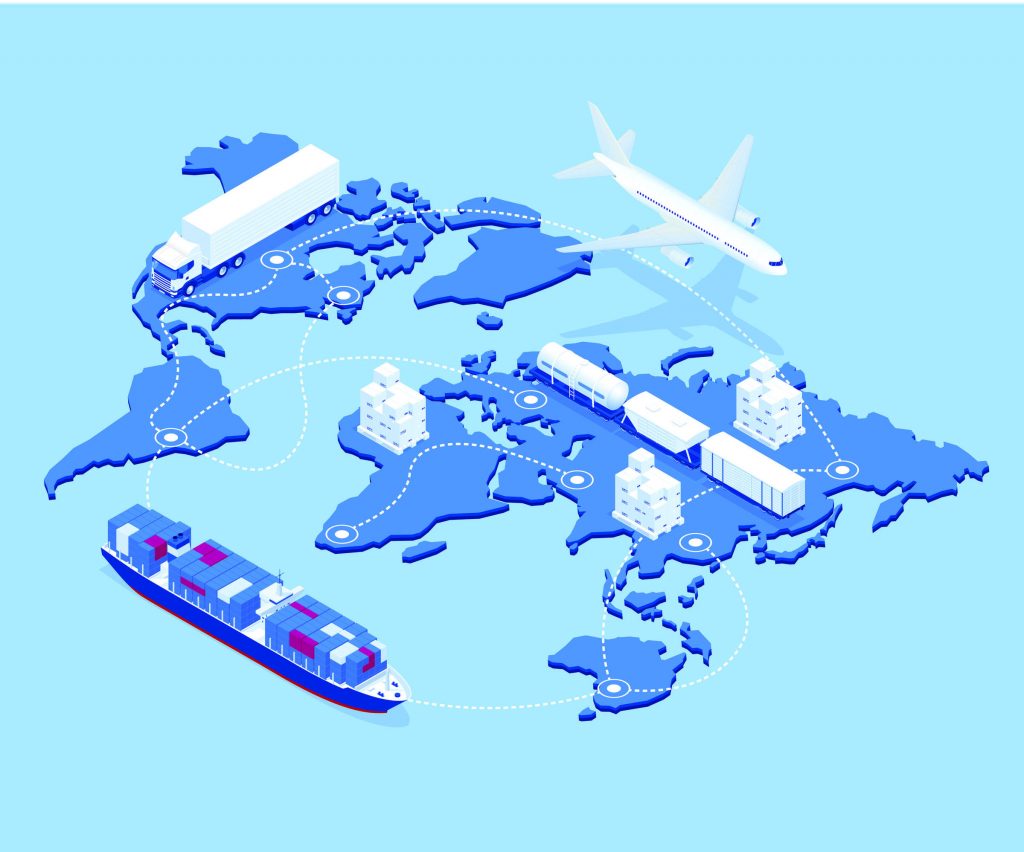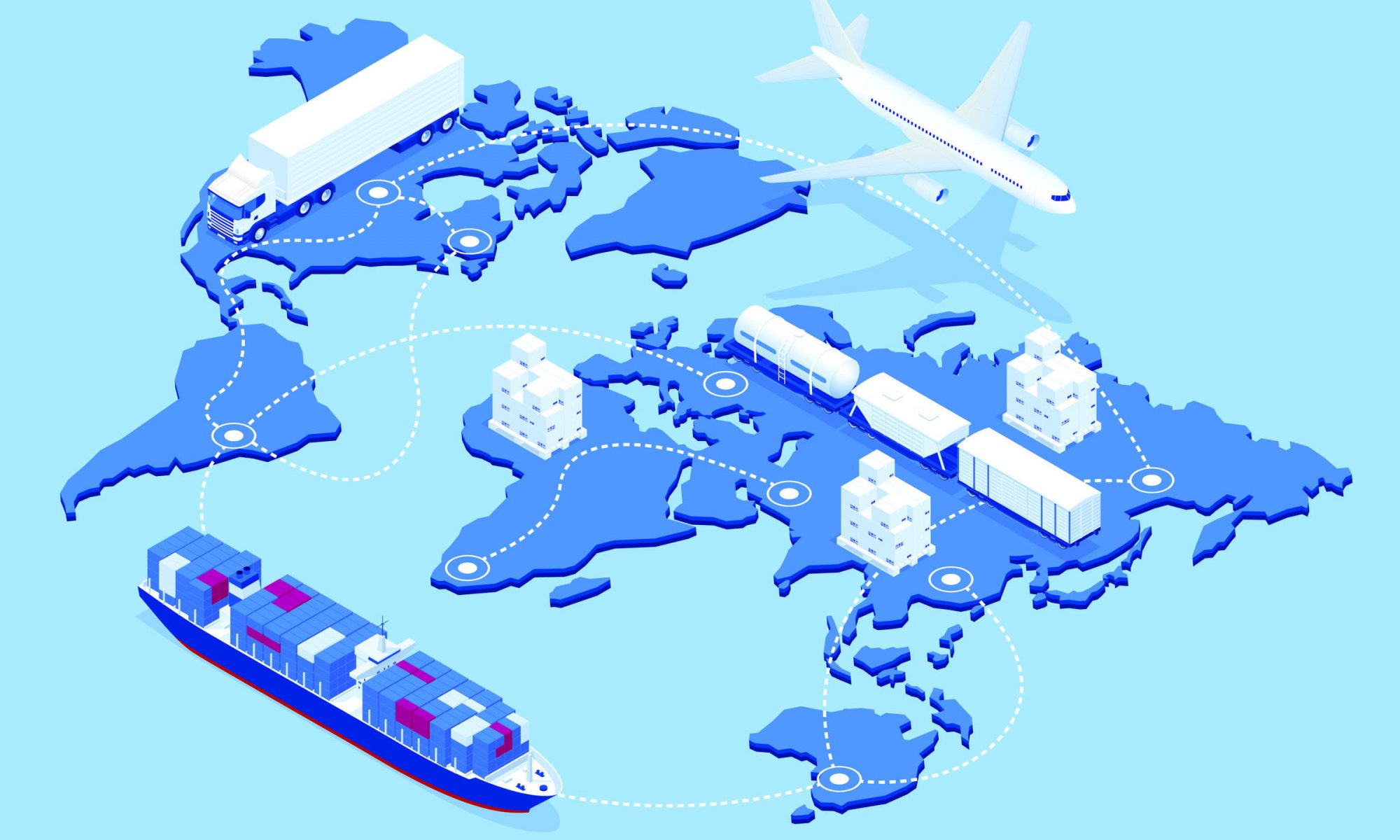
With demand for certain products at an all-time high, and timely supply potentially a matter of life and death, FINAT points out the role of appropriate labelling
Labels and labelling technology are an essential feature for the medical supply chain – and never has this been more important than during the coronavirus pandemic.
Labels provide primary product information on the supermarket shelf and in the consumer’s house- hold after purchase, they offer pharmaceutical companies and doctors the opportunity to provide customised information for individual patients, and they facilitate the tracking and tracing of goods along the value chain.
Following the outbreak of Covid- 19 and the resulting public health measures, label companies have been taking steps to contain the risk for their staff’s wellbeing and the continuity of their business. Together with the national associations and other stakeholder associations, FINAT – the European association for the self-adhesive industry – has been supporting the label community with information, most recently with a webinar to assess the situation around Europe.
Welcoming public measures in support of critical infrastructure, FINAT has been endorsing calls for the uninterrupted cross-border transport of raw materials, goods and packaging, as well as the continued availability of essential raw materials and chemicals.
Why companies are struggling to keep up
FINAT Managing Director Jules Lejeune said: “Several countries have explicitly or implicitly declared labels and packaging as an essential part of the critical infrastructure for the food and medical supply chain.
“We also welcome the EU Commission’s new Guidelines for Border Management, implementing Green Lanes for essential freight transport. We, however, look for- ward to even more concerted measures on a European level to contain the economic impact of this crisis. In Europe, governments, industries and workers alike, we are all in this together.”
Mr Lejeune concluded: “The European label and narrow-web industry is strongly committed to playing its part in the critical infrastructure. “Presently, however, the European label value chain is facing considerable challenges, as businesses are struggling to keep up with excessive short-term demand due to hoarding.
“At the same time, companies are coping with labour shortages and restrictions on the availability of critical raw materials and chemicals in the manufacturing process.”
A solution to smooth the process
To help improve the flow of distribution, FINAT is asking customers purchasing essential foods and medicines to complete documents it has drawn up which indicate that these products are critical.
The association is stressing the role of self-adhesive roll labels and narrow web packaging as essential components in the critical infrastructure for the food and medical sectors. Even so, FINAT said it had received questions and comments from several members indicating that more clarity needs to be provided to the outside world about the status of their specific component of the labelling value chain. After all, as this chain is characterised by complexity and specialisation and at first sight, it is not always easy for an outsider to recognise the importance of a specific component.
One recommendation to these companies is to ask their customers for a “declaration of criticality” document to identify their product as essential part of a critical supply chain. FINAT has devised a template to help its members in this respect. The other part is to offer guide- lines as to what qualifies a particular product as essential, and FINAT has worked with its longstanding partner The Label Academy and its founder Mike Fairley to draw up such guidelines at such short notice. But, although these documents have been prepared with the utmost care and accuracy, FINAT has issued a reminder that the application is the responsibility of the user. Neither FINAT nor The Label Academy cannot be held liable for any loss or damage resulting from their application.
So, let’s work carefully together to smooth the process and ensure the supply of critical medical products is made easier at a time when they are needed more than ever.



